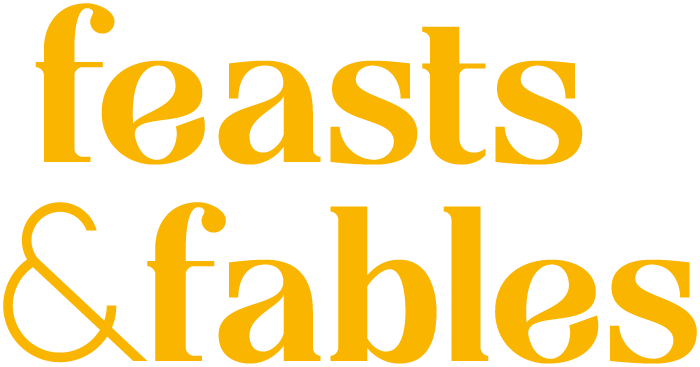A Brighter Kinder Future
by Damon Webb
At architecture school, we endured the ‘crit’ system on a regular basis, a ritual of nerve-wracking presentation of semi-realised concepts, followed by an often clinical dissection by peers, tutors and guest critics, the latter often apparently chosen for their ability to wither with a disdainful look. I last endured this almost thirty years ago, the memory abides.
This system engendered a sense of competitiveness, a win or fail mentality, not an arena for humility, nurturing and growth, or for kindness.
This was the template for interaction that we took into the world of architectural practice, one that played out a thousand times in my career.It’s taken me a good part of the intervening three decades to de-construct this, to understand where my sense of dread in giving any kind of presentation stems from, and to begin to imagine another, kinder way of interacting and doing business.
On a recent Permaculture course at the Centre for Alternative Technology — itself a welcoming and nurturing environment — we presented design projects to the group.
Members were encouraged to describe one positive that they took from each presentation, whilst the presenter would describe the aspects that they felt had been un-successful or un-resolved. The result was a thoughtful, supportive, enabling and ultimately positive experience, a lesson in humility, encouragement and kindness rather than one in ego and point scoring.
Based upon notions of kindness, respect, humility and thoughtfulness, the principles of Earth Care, People Care and Fair Share, the building blocks of Permaculture, have become particularly relevant in the last few months, and an interesting reference point for future societal and business models.
The planet has heaved a sigh of relief during its three-month holiday, the effects of which may be negligible as the economy re-engages.
Hopefully though we’ve collectively proven that we are capable of the large-scale action for change required to avert climate disaster. Perhaps we’ve also re-evaluated our rapacious desire to consume and to fly in our endless pursuit of ‘experience’. We’ve been forced to consider the local over the exotic, and have perhaps found some exotic in the local.
Wendell Berry has talked at length about the beauty and resilience of local economy; ‘without prosperous local economies, the people have no power and the land has no voice’; the resourcefulness and resilience of local producers and suppliers has been tested and proven in the last few months.
The pandemic has also emphasised the polarities in societies worldwide, the groups of less privileged people that have been disproportionately affected by Covid-19 are also the first to feel the most dramatic effects of climate change. The time afforded by the enforced slow-down has also perhaps allowed space for thoughtfulness and humility, for reflection on these inequalities.
Assuming that we don’t experience an immediate return to business as usual, post-lockdown, could there be a lasting desire for change, in the way we do business and in our consumption habits, precipitated by our collective experience? Is there a kinder and more equitable model for business, perhaps less rooted in the inevitable win-or-lose economics that we had come to accept as the norm, more locally based and personal?


